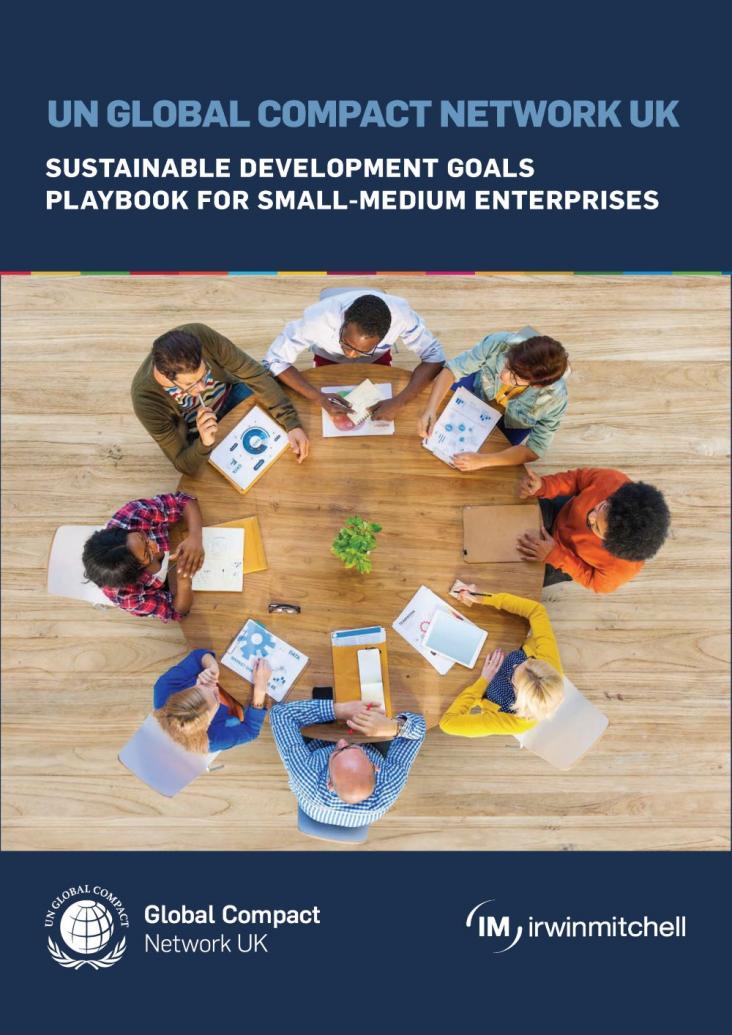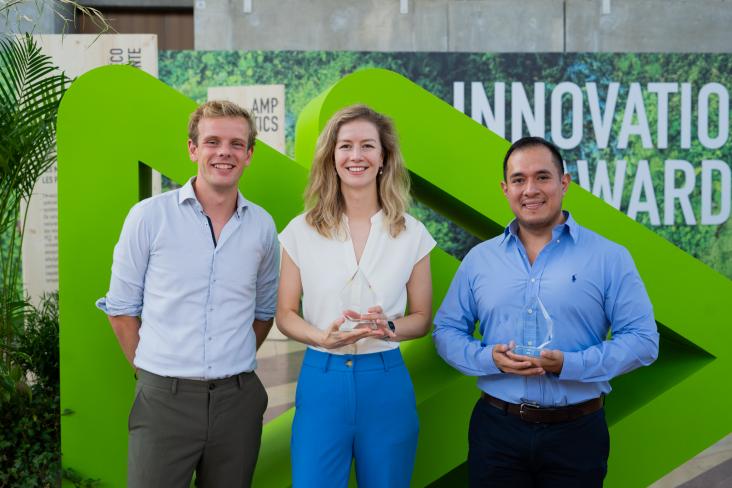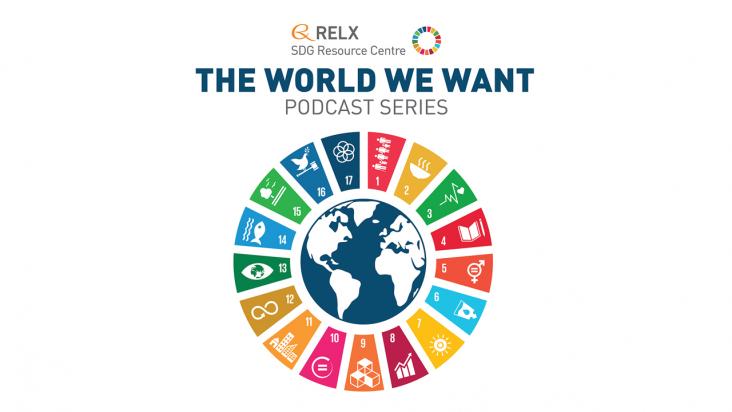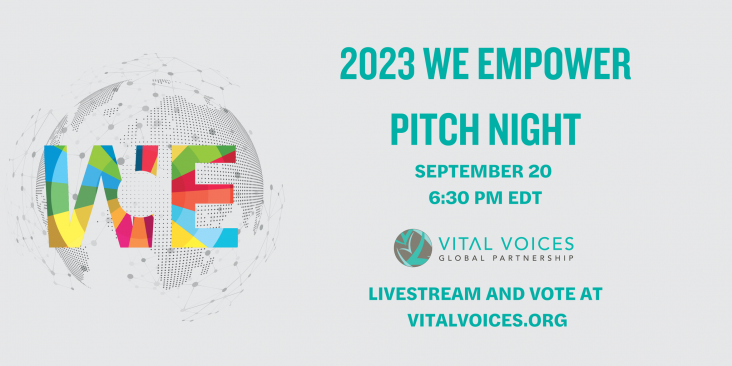
The UN Global Compact Network UK, in partnership with Irwin Mitchell, has developed the SDG Playbook for SMEs: a step-by-step guide to help smaller companies unlock the competitive advantages associated with embracing the Sustainable Development Goals.

RELX, a global provider of information-based analytics and decision tools for professional and business customers, has announced the winners of the 2023 RELX Environmental Challenge, which supports innovative solutions to advance SDG 6 Clean water and sanitation.
This paper provides the most recent and accurate quantitative and qualitative assessment of available water resources and demands in the GCC countries.

In The World We Want we explore key themes related to the SDGs: leadership, innovation and youth. Dr. Márcia Balisciano, Global Head of Corporate Responsibility, interviews influencers and thought leaders across disciplines on key topics to achieve the global goals.
Elsevier,
Daniel A. Vallero, Trevor M. Letcher,
Chapter 7 - Leaks,
Editor(s): Daniel A. Vallero, Trevor M. Letcher,
Unraveling Environmental Disasters (Second Edition),
Elsevier,
2024,
Pages 171-205
This chapter aligns with SDGs 3 and 6 by distinguishing hydrogeological plumes from atmospheric plumes in this chapter by referring to them as leaks, considering environmental or potential disasters from the perspective of groundwater contamination.
UN's Summit of the Future 2024: Paving the Path for SDG Resources
The research highlights the health rights of indigenous adolescent girls in Bangladesh by examining the challenges they face in maintaining proper menstrual hygiene due to seasonal water scarcity, underscoring the need for targeted interventions to support their right to healthful living conditions. [indigenous population]
This interview-based study investigated the perceptions of safety and acceptability of the water supply in rural Greenlandic households.

WE Empower Pitch Night, hosted by Diane von Furstenberg, will be a dynamic evening event bringing together top business leaders, the media and other key influencers to participate in an innovative

